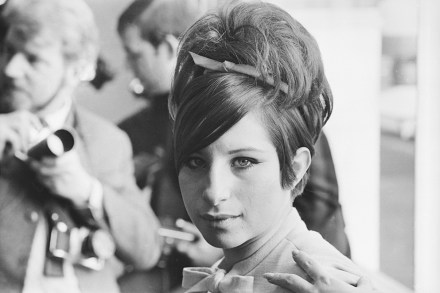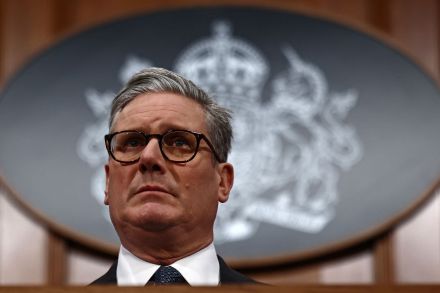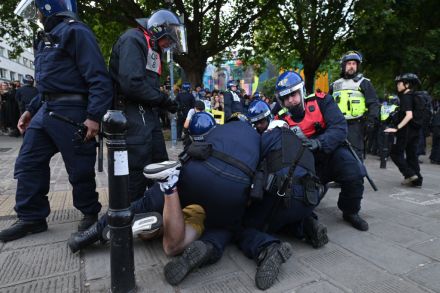The case for a daily limit on social media posts
A few years ago, my old school magazine featured a pupil’s brief account of a geography field trip. Before the magazine was mailed out, someone had noticed a jokey reference to a minibus being driven erratically after the teacher had visited the local pub, and worried that this might be libellous. The school could have reprinted the magazine, or else thought ‘publish and be damned’. Alas they did neither: they stuck a white sticker over the offending paragraph in every copy. This led to the piece receiving perhaps 1,000 times more attention than it would otherwise have done, the attempt at censorship spotlighting a harmless joke that most people wouldn’t











